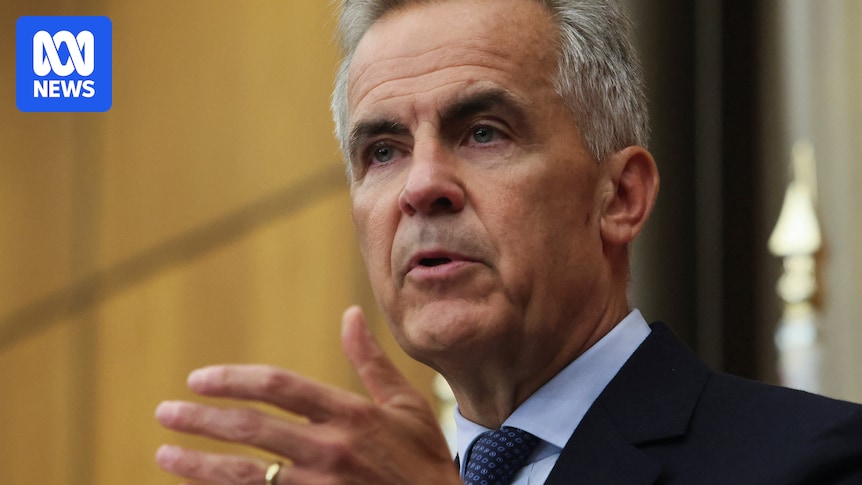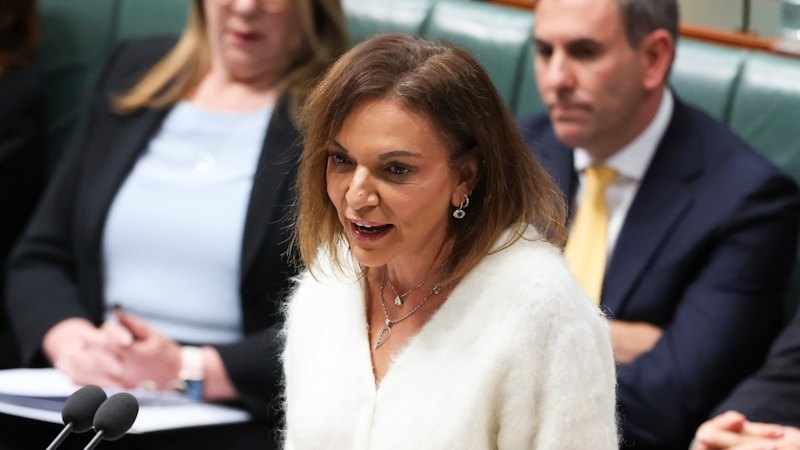
Canada’s recent decision to signal its recognition of a Palestinian state aligns with a broader international strategy involving both Western and Arab nations. This move is part of a coordinated effort to address the ongoing crisis in Gaza, with Canada joining France and the United Kingdom in this diplomatic shift.
In recent days, several countries have announced their intentions to recognize Palestine, a move expected to be formalized at the upcoming United Nations General Assembly in New York. A joint statement from the foreign ministers of 15 countries, including Australia, emphasized the importance of recognizing Palestine as a step towards a two-state solution, urging other nations to follow suit.
International Coordination and Statements
The coordinated international strategy is further evidenced by the New York Declaration, a comprehensive statement from a UN High-Level International Conference co-chaired by France and Saudi Arabia. This declaration, supported by Egypt, Qatar, Jordan, and the League of Arab States, condemned both the Hamas attacks of October 7 and Israel’s retaliatory actions in Gaza. The declaration reflects an ongoing process led by France and Saudi Arabia since early this year to address the Palestinian crisis.
Australia’s involvement in this effort is highlighted by Prime Minister Anthony Albanese’s comments, emphasizing Australia’s role within an international framework rather than acting independently. Albanese referenced commitments made by Palestinian Authority President Mahmoud Abbas on June 10, which condemned the October 7 attacks and called for the liberation of hostages and disarmament of Hamas.
Pressure on Israel and the Palestinian Authority
While France and the UK have focused on pressuring Israel to cease hostilities and allow humanitarian aid into Gaza, Canadian Prime Minister Mark Carney has increased pressure on the Palestinian Authority to implement reforms. Carney’s statement emphasized Canada’s recognition of Palestine is contingent upon the Palestinian Authority’s commitment to governance reforms, general elections in 2026 excluding Hamas, and the demilitarization of a future Palestinian state.
The international community recognizes the weakened state of Hamas after years of conflict and the diminished influence of its Iranian backers and Hezbollah. Despite Hamas’s resistance to releasing hostages, there is a growing consensus that a tipping point has been reached, affecting both Hamas’s position and Israel’s moral standing.
US Position and Global Implications
With France and the UK’s declarations, four out of five permanent members of the UN Security Council now support Palestinian recognition, leaving the United States as the primary holdout. US President Donald Trump’s recent comments on Air Force One suggested a non-committal stance on Palestinian statehood, indicating potential shifts in US policy.
The renewed push for Palestinian statehood raises questions about the future governance of Palestine, with neither Hamas nor the Palestinian Authority currently seen as viable leaders. The lack of elections in the West Bank since 2006 and in Gaza since 2007 complicates the situation further.
Challenges and Future Prospects
The ongoing annexation efforts in the West Bank and the devastation in Gaza pose significant challenges to forming a viable Palestinian state. Carney’s statement highlighted Israeli actions, including accelerated settlement building and the humanitarian crisis in Gaza, as obstacles to peace.
“The deepening suffering of civilians leaves no room for delay in coordinated international action to support peace, security, and the dignity of all human life,” Carney stated. “Preserving a two-state solution means standing with all people who choose peace over violence or terrorism.”
Israel has rejected the statements from Canada and the UK, arguing they reward Hamas and undermine ceasefire efforts. However, sources indicate that the focus of the peace initiative will be on establishing governance and security frameworks necessary for Gaza’s reconstruction rather than immediate border determinations.
The international community’s efforts to recognize Palestine and address the Gaza crisis reflect a complex and evolving geopolitical landscape. As global leaders continue to navigate these challenges, the path forward remains fraught with obstacles but also opportunities for lasting peace.







